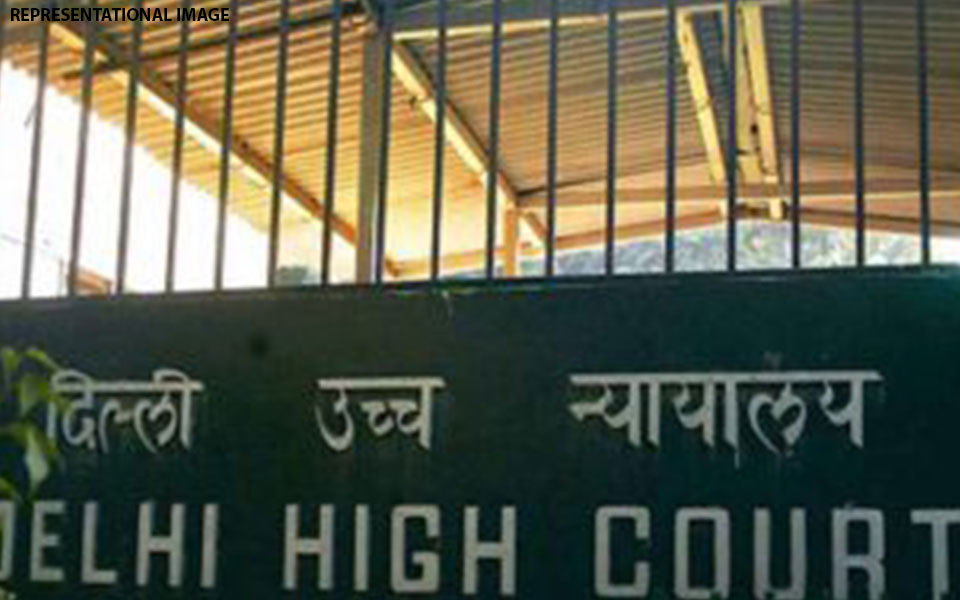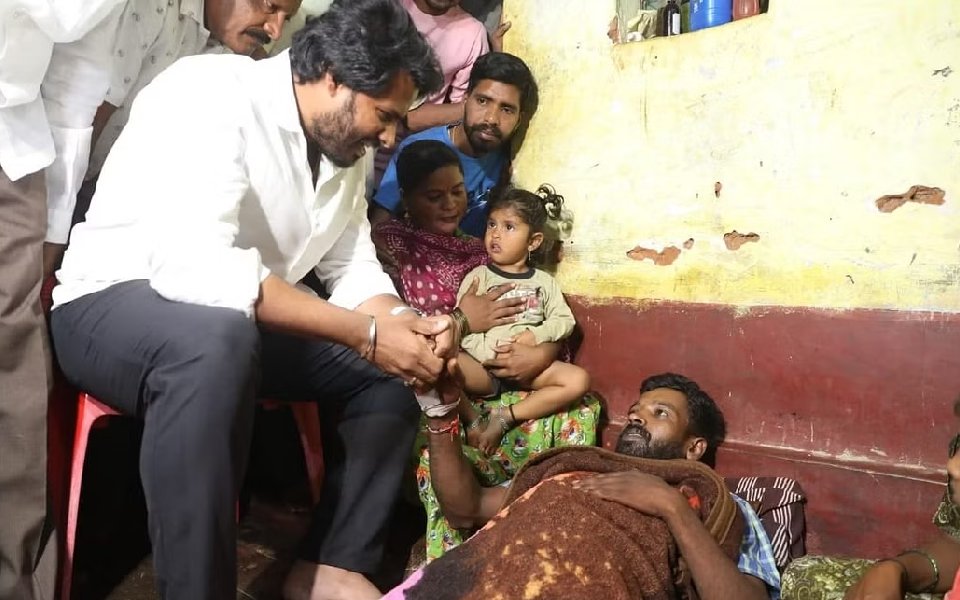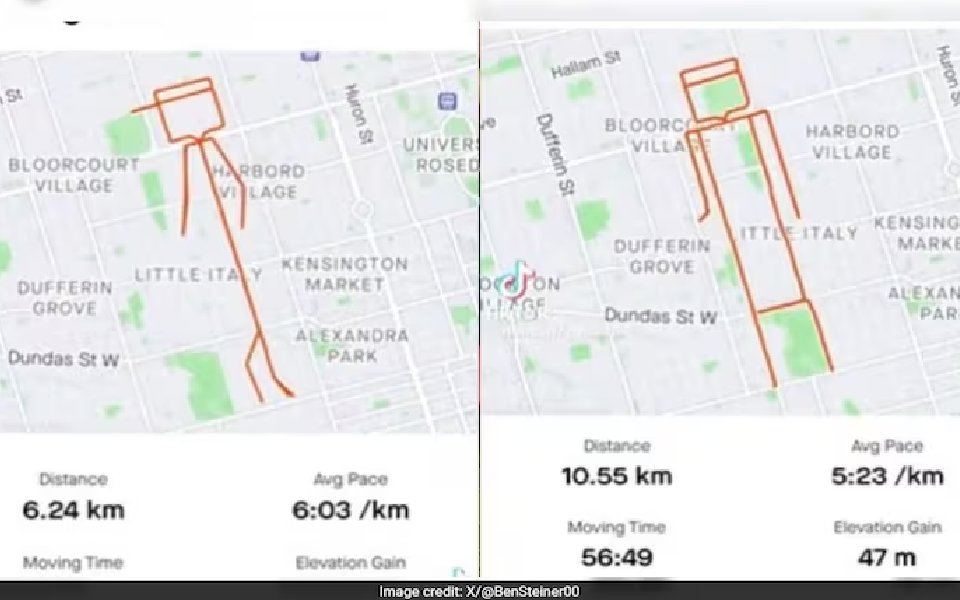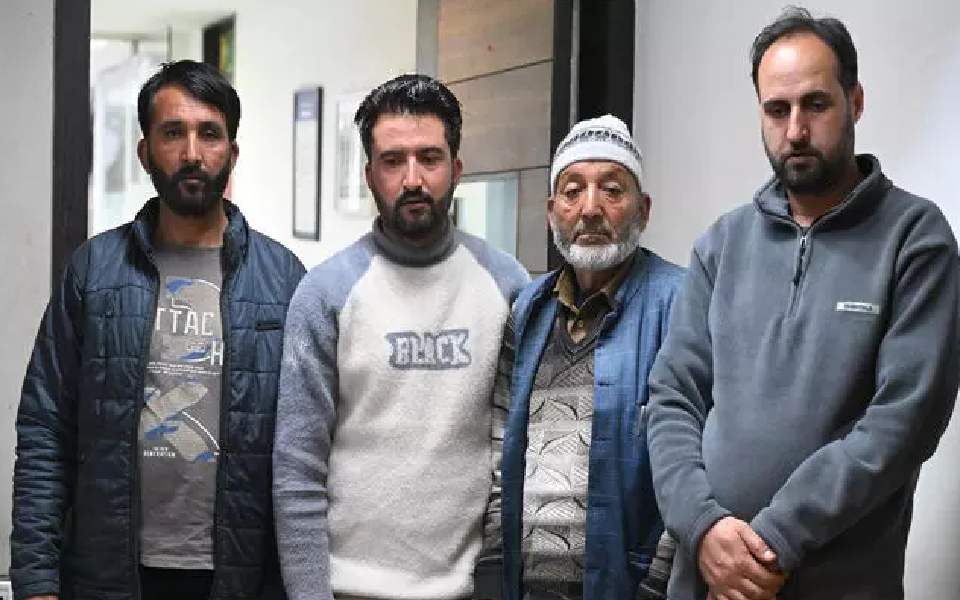New Delhi, May 29: The Delhi High Court on Tuesday directed media organisations to remove news items disclosing the identity of an eight-year-old girl who was raped and murdered in Jammu and Kashmir's Kathua district.
The direction by a bench of Acting Chief Justice Gita Mittal and Justice C. Hari Shankar came after it was told that despite the court's order to not identify the girl, some of the news organisations are still naming the child in news items.
The court sought the names of such media organisations.
Observing that notice has not been served to one of the newspapers till now, the court said it was shocking that a newspaper is not aware of pending litigation despite the wide publicity of the news related to the matter.
The court noted that none from that media organisation had turned up for appearance before it and listed the matter for July 16 for further hearing.
It had observed that several internet platforms and social networking sites are extensively displaying the photographs and the name of the victim.
The court last month directed 12 media organisations to pay Rs 10 lakh each as compensation for disclosing the identity of the girl, saying that there were long term repercussions for the victim's family, especially for the women members, due to such kind of reporting.
The court said they had violated the law and could be punished under Section 228-A of the Indian Penal Code.
Under Section 23 (Procedure for media) of the Protection of Children from Sexual Offences (POCSO) Act, any person who discloses the identity of a child victim could be sentenced to a minimum six months' imprisonment, it said.
The minor in Kathua was held captive inside a temple and sedated before being repeatedly raped and murdered.
Let the Truth be known. If you read VB and like VB, please be a VB Supporter and Help us deliver the Truth to one and all.
Bengaluru: Channapatna JD(S) candidate Nikhil Kumaraswamy, who lost the byelection to C.P. Yogeshwar of Congress, on Sunday consoled a fan who reportedly attempted to end his life and requested him not to repeat such acts.
Manjunath, fondly called Abhi, had even penned a letter before taking the dangerous step. Nikhil, who called on Manjunath at the latter’s home in Kudloor in Channapatna, expressed shock and sadness over the incident.
Nikhil Kumaraswamy reassured Manjunath, expressing his support during the difficult time. He told him that he was deeply troubled to learn of this incident and emphasised that he would stand by him. Nikhil also promised to offer assistance in any way he could, including helping him secure employment opportunities in the future, as reported by the Deccan Herald.
He also reminded Manjunath of the importance of his children’s well-being, urging him to focus on their future. “Please, look at the faces of your growing children. Even I have a three-year-old son. The children are young, let us take care of their future also. I will arrange some job opportunities for you. I might not be an MLA but this is a challenge. I will get you employed,” he said.
Nikhil told media persons that he is extremely hurt more by Manjunath’s attempt to die than by his loss in the election. “At 7:30 a.m., we got a message that in Valetoopu, Manjunath had consumed poison yesterday. In Channapatna, our workers and leaders have built this party with zeal. Let the admiration be there in your hearts but if it crosses the line, your families get hurt and we get very pained by it,” he was quoted as saying by the publication.
Speaking of his byelection loss, Nikhil reiterated that the JD(S) had got its traditional votes, but that the votes of a particular community went against the party.
“Deve Gowda gave reservation to a community. We tried our last attempt to take that community into confidence. But they conveyed to us that they do not require us. In future, we will take other communities into confidence,” he remarked in a veiled reference to Muslims.
Nikhil lost the election by a margin of 25,413 votes to Congress candidate C.P. Yogeshwar.





